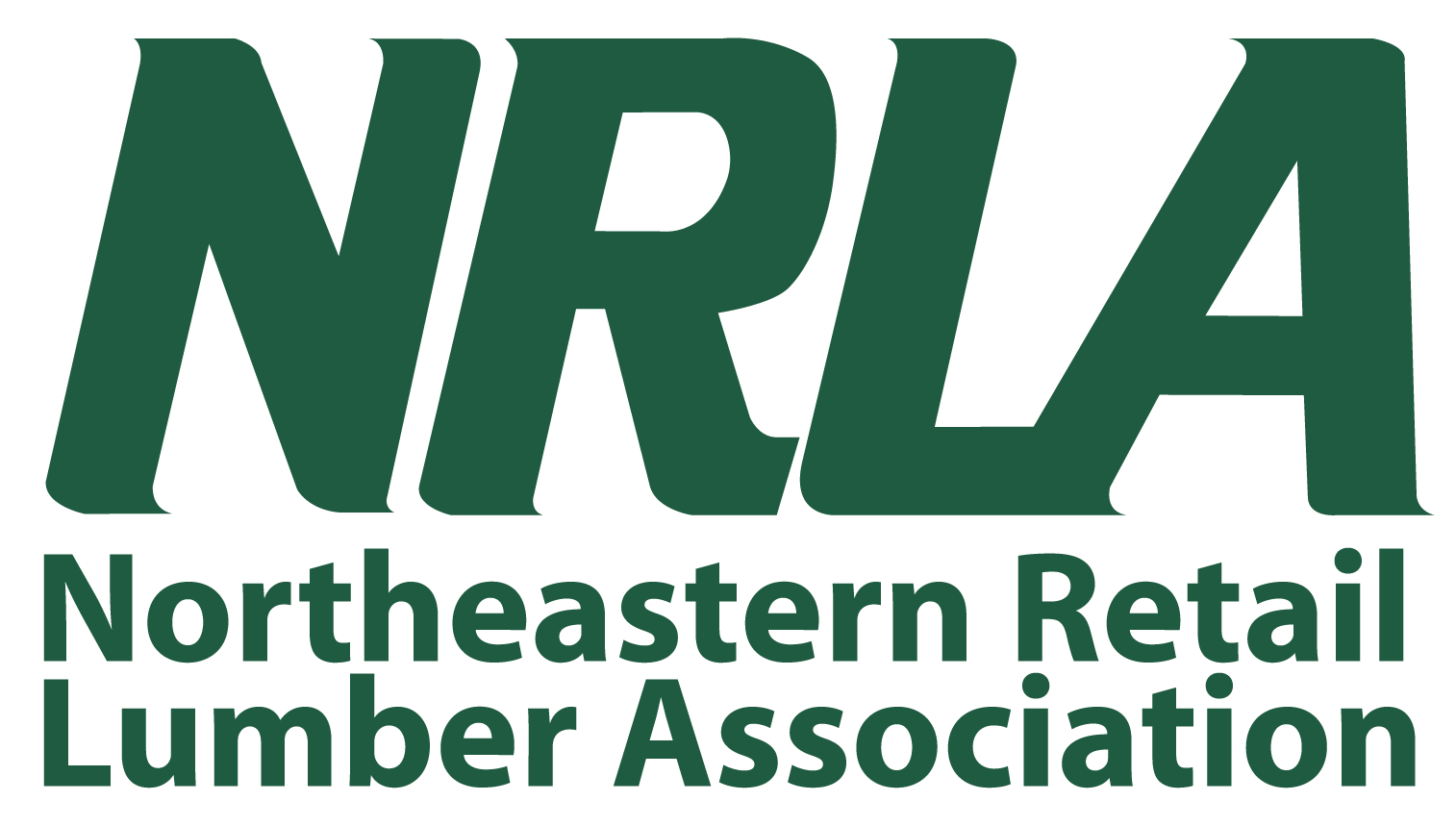It shall be an unlawful practice for an employer to:
(1) Deny a reasonable accommodation for an employee’s pregnancy or any condition related to the employee’s pregnancy including, but not limited to, lactation or the need to express breast milk for a nursing child if the employee requests such an accommodation. An employer may deny such an accommodation if the employer can demonstrate that the accommodation would impose an undue hardship on the employer’s business.
(2) Take any adverse action against an employee who requests or uses a reasonable accommodation under this law. Such adverse action shall include failing to reinstate the employee to the original employment status or to an equivalent position with equivalent pay and accumulated seniority, retirement, fringe benefits and other applicable service credits when the need for a reasonable accommodation ceases.
(3) Deny an employment opportunity to an employee if the denial is based on the need of the employer to make a reasonable accommodation to the known conditions related to the employee’s pregnancy including, but not limited to, lactation or the need to express breast milk for a nursing child.
(4) Require an employee affected by pregnancy, or affected by a condition related to the pregnancy, including, but not limited to, lactation or the need to express breast milk for a nursing child, to accept an accommodation that the employee chooses not to accept, if that accommodation is unnecessary to enable the employee to perform the essential functions of the job.
(5) Require an employee to take a leave if another reasonable accommodation may be provided for the known conditions related to the employee’s pregnancy, without undue hardship on the employer’s business.
(6) Refuse to hire a person who is pregnant because of the pregnancy or because of a condition related to the person’s pregnancy, provided that the person is capable of performing the essential functions of the position with a reasonable accommodation and that reasonable accommodation would not impose an undue hardship, demonstrated by the employer, on the employer’s business.
Employer’s Duty to Provide Accommodations:
Upon request for an accommodation from the employee or prospective employee capable of performing the essential functions of the position involved, the employee or prospective employee and the employer shall engage in a timely interactive process to determine an effective, reasonable accommodation to enable the employee or prospective employee to perform the essential functions of the employee’s job or the position to which the prospective employee has applied.
An employer may require that documentation about the need for a reasonable accommodation come from an appropriate health care or rehabilitation professional; provided, however, that an employer shall not require documentation from an appropriate health care or rehabilitation professional for the following accommodations:
- More frequent restroom, food or water breaks;
- Seating;
- Limits on lifting more than 20 pounds; and
- Private non-bathroom space for expressing breast milk.
An employer may require documentation for an extension of the accommodation beyond the originally agreed to accommodation.
Notice to Employees:
Employers shall provide employees with a written notice of the right to be free from discrimination in relation to pregnancy or a condition related to the employee’s pregnancy including, but not limited to, the right to reasonable accommodations for conditions related to pregnancy pursuant to this law. The notice shall be provided in a handbook, pamphlet or other means of notice to all employees including, but not limited to:
- New employees at or prior to the commencement of employment; and
- An employee who notifies the employer of a pregnancy or an employee who notifies the employer of a condition related to the employee’s pregnancy including, but not limited to, lactation or the need to express breast milk for a nursing child not more than 10 days after such notification.
Definitions
HEALTH CARE OR REHABILITATION PROFESSIONAL – Shall include, but shall not be limited to, a medical doctor, including a psychiatrist, a psychologist, a nurse practitioner, a physician assistant, a psychiatric clinical nurse specialist, a physical therapist, an occupational therapist, a speech therapist, a vocational rehabilitation specialist, a midwife, a lactation consultant or another licensed mental health professional authorized to perform specified mental health services.
REASONABLE ACCOMODATION – May include, but shall not be limited to:
- More frequent or longer paid or unpaid breaks;
- Time off to attend to a pregnancy complication or recover from childbirth with or without pay
- Acquisition or modification of equipment or seating;
- Temporary transfer to a less strenuous or hazardous position;
- Job restructuring or light duty;
- Private non-bathroom space for expressing breast milk;
- Assistance with manual labor; or
- A modified work schedule; provided that an employer shall not be required to discharge or transfer an employee with more seniority or promote an employee who is not able to perform the essential functions of the job with or without a reasonable accommodation.
UNDUE HARDSHIP – An action requiring significant difficulty or expense; provided, however, that the employer shall have the burden of proving undue hardship; provided further, that in making a determination of undue hardship, the following factors shall be considered:
- The nature and cost of the needed accommodation;
- The overall financial resources of the employer;
- The overall size of the business of the employer with respect to the number of employees and the number, type and location of its facilities; and
- The effect on expenses and resources or any other impact of the accommodation on the employer’s program, enterprise or business.

